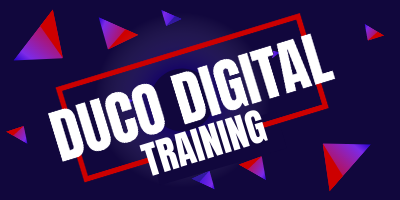
In today’s rapidly evolving workplace, artificial intelligence (AI) is more than just a technological advancement; it’s a fundamental shift influencing how decisions are made, operations are managed, and strategies are formulated. As AI systems increasingly perform tasks ranging from the mundane to the complex — impacting everything from customer service to HR analytics — the imperative for professionals to grasp both the functional and ethical dimensions of AI has never been more crucial.
AI literacy in the workplace goes beyond understanding the basics of machine learning algorithms or data analytics; it involves comprehending how AI can be integrated into daily operations to enhance efficiency, inform decision-making, and foster innovation. For instance, in marketing, AI can predict consumer behaviour and personalise offers at an individual level, driving engagement and sales. In finance, algorithms can detect fraudulent transactions with speed and accuracy that outpace human capabilities.
However, the power of AI comes with significant responsibilities, particularly concerning ethics. The deployment of AI can raise complex issues — bias, privacy, transparency, and accountability are among the most pressing. AI systems, by nature, learn from the data they are fed. If this data is biased, the AI’s decisions will inherently perpetuate these biases. This has been seen in recruitment algorithms that favoured candidates based on skewed historical hiring data, thus disadvantaging certain groups. Professionals must, therefore, not only understand how to use AI but also how to ensure it is used fairly and responsibly.
Moreover, privacy concerns are paramount as AI often requires vast amounts of data to be effective. Handling this data responsibly, in compliance with regulations like theGDPR in Europe, is a legal requirement and a moral obligation to protect individual privacy rights. The challenge for today’s professionals is to balance the competitive advantage offered by AI with respect for individual privacy and ethical norms.
Transparency and accountability in AI processes also need to be addressed. Decisions made by AI can sometimes be opaque, often described as “black box” decision-making. This opacity can be problematic in scenarios where AI decisions need to be explained or justified, such as in credit scoring or medical diagnostics. Organisations are increasingly called upon to ensure that their AI systems can be audited and the decision-making processes understood by humans, particularly in critical areas affecting people’s lives and livelihoods.
The call for ethical AI is not just about mitigating risks; it’s also about leveraging AI to promote a fairer, more equitable society. AI has the potential to address significant challenges, including diagnosing diseases, enhancing educational methods, and improving environmental management. These opportunities must be pursued with a commitment to ethical principles, ensuring that AI serves the public good and enhances the well-being of all individuals, not just a select few.
For professionals navigating this landscape, continuous education is key. Understanding AI and its ethical implications should be part of lifelong learning, not just a one-time training session. As AI continues to evolve, so too must our strategies for managing its impact. This dynamic requires not only technical skills but also a robust ethical framework to guide the development and deployment of AI technologies.
As AI reshapes the workplace, the need for AI literacy intertwined with a strong ethical foundation cannot be overstated. Professionals who equip themselves with these skills will be better prepared to harness AI’s potential while steering clear of its pitfalls, ultimately leading their organisations toward a future where technology enhances both productivity and ethical standards.
Enhance your skills and understanding of AI ethics and take the next step in your career with our accredited AI courses.


